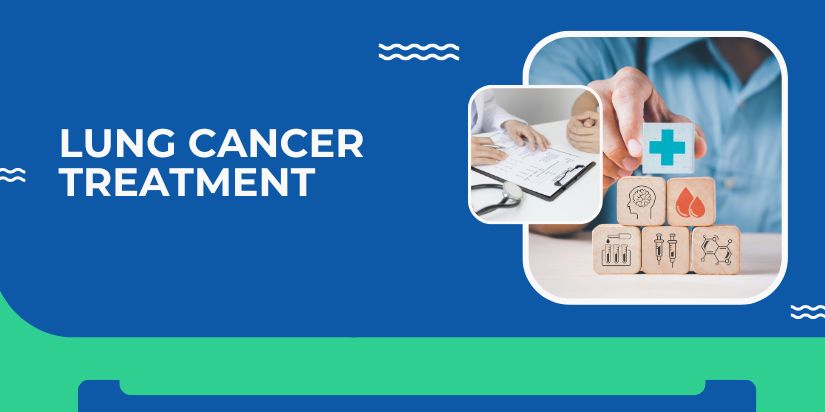Living with lung cancer is challenging, but managing its treatment side effects doesn’t have to be. Here’s a comprehensive guide to help you navigate through this journey with more ease and confidence:
- Understanding Common Side Effects: Chemotherapy, radiation therapy, and surgery are the mainstays of lung cancer treatment. While these therapies are effective, they can cause side effects such as nausea, fatigue, hair loss, and changes in appetite. Understanding these side effects can help you prepare for and manage them better.
- Working with Your Healthcare Team: Your healthcare team is your strongest ally in managing side effects. They can provide you with medications, dietary advice, and lifestyle recommendations to help alleviate discomfort and improve your quality of life. Don’t hesitate to communicate openly with them about your symptoms.
- Maintaining a Healthy Diet: Eating a balanced diet is crucial during lung cancer treatment. Focus on consuming nutrient-rich foods such as fruits, vegetables, whole grains, and lean proteins. Avoiding processed foods and sugary snacks can help reduce nausea and maintain your energy levels.
- Staying Active: Regular physical activity can help combat fatigue and improve your overall well-being. Engage in activities such as walking, yoga, or tai chi, based on your comfort level and fitness. Consult your healthcare team before starting any exercise regimen.
- Managing Emotional Well-being: Dealing with lung cancer treatment can be emotionally draining. It’s important to seek support from loved ones, join support groups, or consider counseling to cope with anxiety, depression, and other emotional challenges.
- Seeking Alternative Therapies: Some complementary therapies, such as acupuncture, massage therapy, and meditation, may help alleviate treatment side effects and improve your quality of life. Discuss these options with your healthcare team before trying them.
- Monitoring and Reporting Side Effects: Keep a diary to track your symptoms and their severity. Report any changes or new symptoms to your healthcare team promptly. Early intervention can help prevent side effects from worsening.
- Taking Care of Your Skin and Hair: Chemotherapy and radiation therapy can affect your skin and hair. Use gentle skincare products and moisturizers to keep your skin hydrated and protected. Consider using a wig, scarf, or hat to manage hair loss if it occurs.
- Planning for Rest and Recovery: Listen to your body and prioritize rest. Establish a regular sleep routine and create a comfortable sleeping environment to promote restful sleep. Incorporate relaxation techniques into your daily routine to reduce stress.
- Being Informed and Empowered: Educate yourself about lung cancer, its treatment options, and potential side effects. Being well-informed can help you make informed decisions about your care and feel more empowered throughout your treatment journey.
Managing side effects of lung cancer treatment requires patience, resilience, and support. By implementing these strategies and working closely with your healthcare team, you can enhance your quality of life and focus on your journey towards healing. Remember, you are not alone in this fight against lung cancer.













